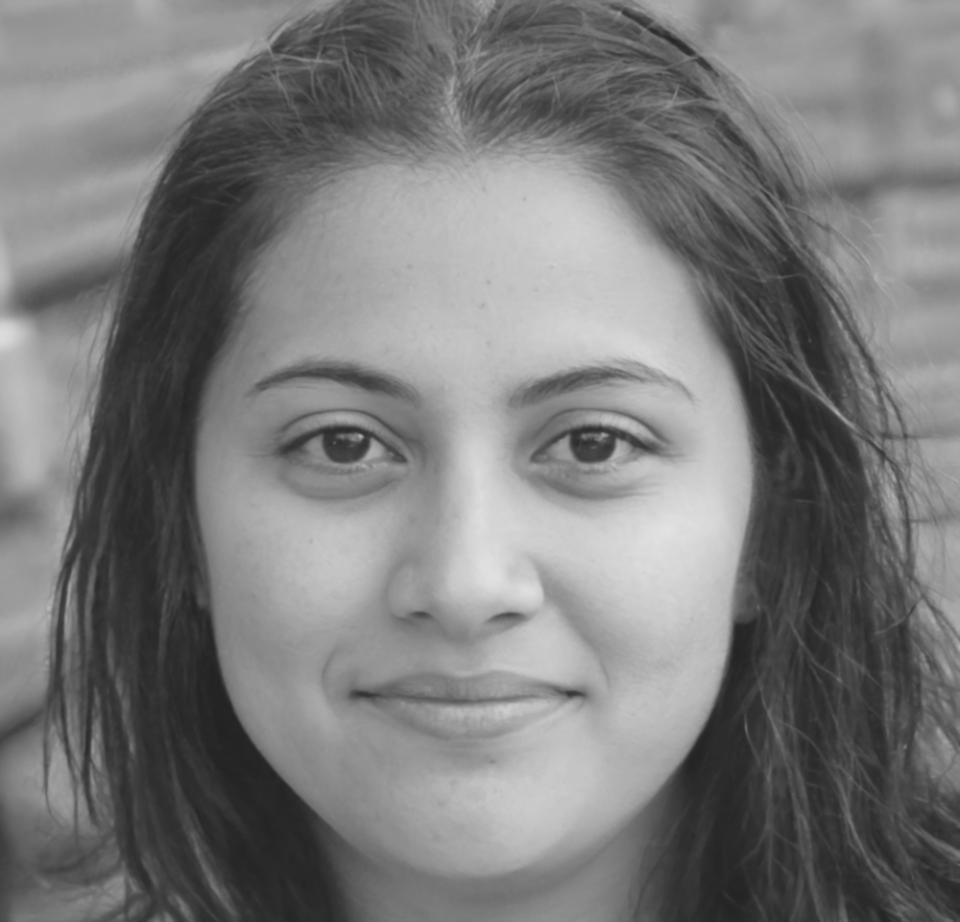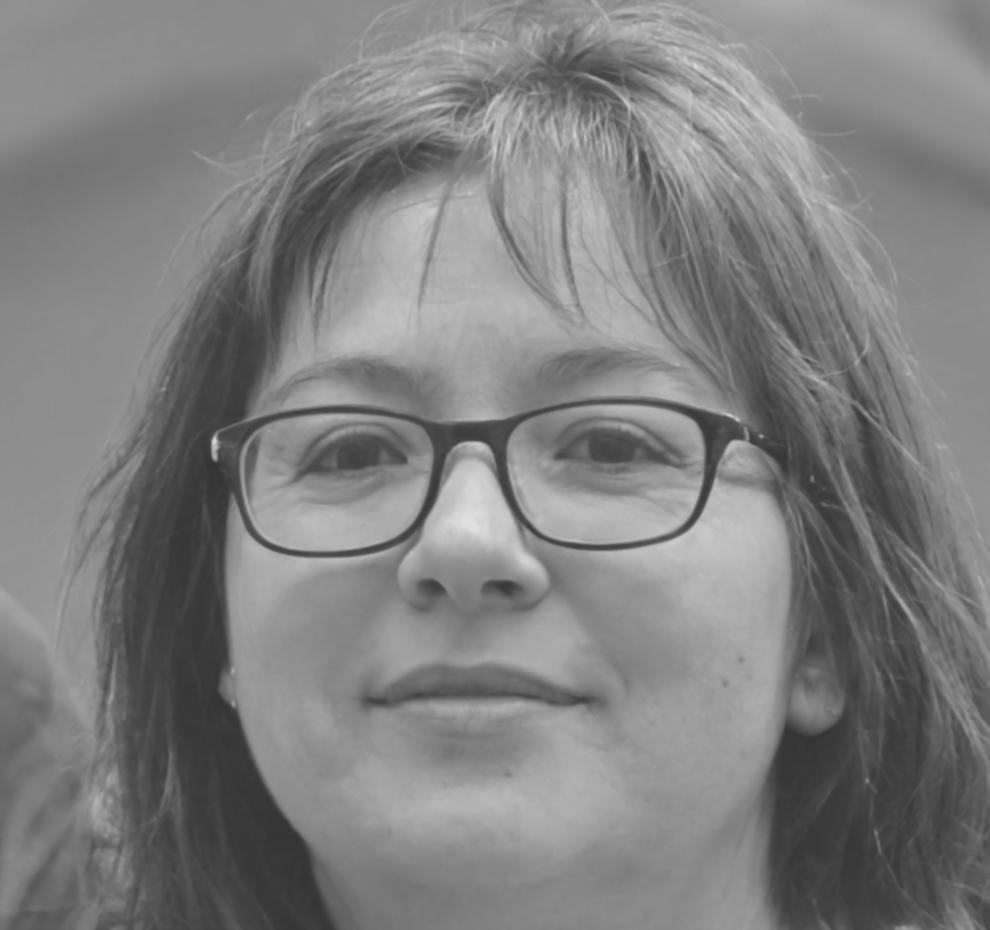Real Projects, Real Experience
You can read about budgeting strategies all day. But there's a different feeling when you actually build a personal finance tracker from scratch, watch someone make their first investment decision, or help a mate figure out where their money's actually going.
Our student-led projects bridge that gap between theory and reality. Since launching in early 2024, we've watched dozens of participants take concepts from textbooks and turn them into something tangible. Sometimes messy, often surprising, always educational.
These aren't hypothetical case studies. They're collaborative efforts where students work alongside real people dealing with actual financial questions—all under guidance, of course, but with enough autonomy to make genuine decisions and learn from what happens next.

Current Project Streams
Each stream runs over multiple months. Click any project below to see what participants actually work on and the kind of support you'll receive along the way.
Starting September 2025, this stream focuses on building functional budget systems from the ground up. Not just filling in spreadsheet templates—actually designing frameworks that reflect how different people earn, spend, and prioritise their money.
You'll work with anonymised income data, spending patterns, and financial goals from real participants who've volunteered their information. The challenge? Creating something flexible enough to adapt as circumstances change, because life rarely follows a straight line.
- Design custom tracking systems tailored to individual circumstances
- Test different budgeting philosophies (zero-based, 50/30/20, envelope methods)
- Build automated alerts and visual dashboards for expense monitoring
- Present findings to actual users and incorporate their feedback
Launching October 2025, this project digs into how people make their first investment decisions. What information do they trust? Where do they get confused? What stops them from starting?
Students conduct interviews, analyse survey responses, and map out the journey from "I should probably invest" to actually opening an account. Then you'll create educational resources based on what you discovered—guides, explainer videos, comparison tools.
- Interview 15-20 first-time investors about their experiences
- Identify common misconceptions and knowledge gaps
- Develop beginner-friendly educational materials addressing real concerns
- Test content clarity with focus groups and refine based on feedback
Running from November 2025 through February 2026, this intensive project tackles one of the most stressful financial challenges people face. You'll analyse different debt situations—credit cards, personal loans, car finance—and create actionable repayment plans.
The human element matters here. It's not just about running calculations; it's understanding why debt accumulated in the first place and building sustainable strategies that account for real emotions and constraints.
- Calculate optimal repayment sequences using avalanche and snowball methods
- Model different scenarios: extra payments, consolidation, balance transfers
- Account for psychological factors in strategy recommendations
- Create progress tracking systems that maintain motivation
How Projects Actually Work
Structured Independence
You'll receive an initial brief, access to resources, and scheduled check-ins with mentors. Between those touchpoints, you're making decisions—what to research, which tools to use, how to present findings. We're available when you need guidance, but the direction comes from you.
Real Data, Real Constraints
Every project uses actual information from community members who've agreed to participate. That means dealing with incomplete data, changing circumstances, and occasional contradictions. Much more valuable than sanitised textbook examples.
Collaborative Environment
Projects typically involve 4-6 students working together. You'll divide tasks, share discoveries, debate approaches, and combine individual contributions into cohesive deliverables. Disagreements happen—that's part of the learning.
Tangible Outcomes
Each project concludes with something concrete: a working budget template, an educational resource, a strategic recommendation. Often, these get used by the actual people who contributed their data. That adds both pressure and satisfaction.

Freya Sorensen
Budget Projects Coordinator
Spent eight years as a financial counsellor before shifting to education. Freya knows exactly where people struggle with budgets because she's seen it firsthand hundreds of times.

Pip Kallio
Investment Research Lead
Former financial journalist who's interviewed everyone from nervous first-timers to seasoned portfolio managers. She brings that storytelling perspective to our research projects.

Applications Open June 2025
Projects begin rolling out from September onward. We'll be accepting applications throughout winter. No financial background required—just curiosity, reliability, and willingness to work through challenges as they emerge.
Express Your Interest